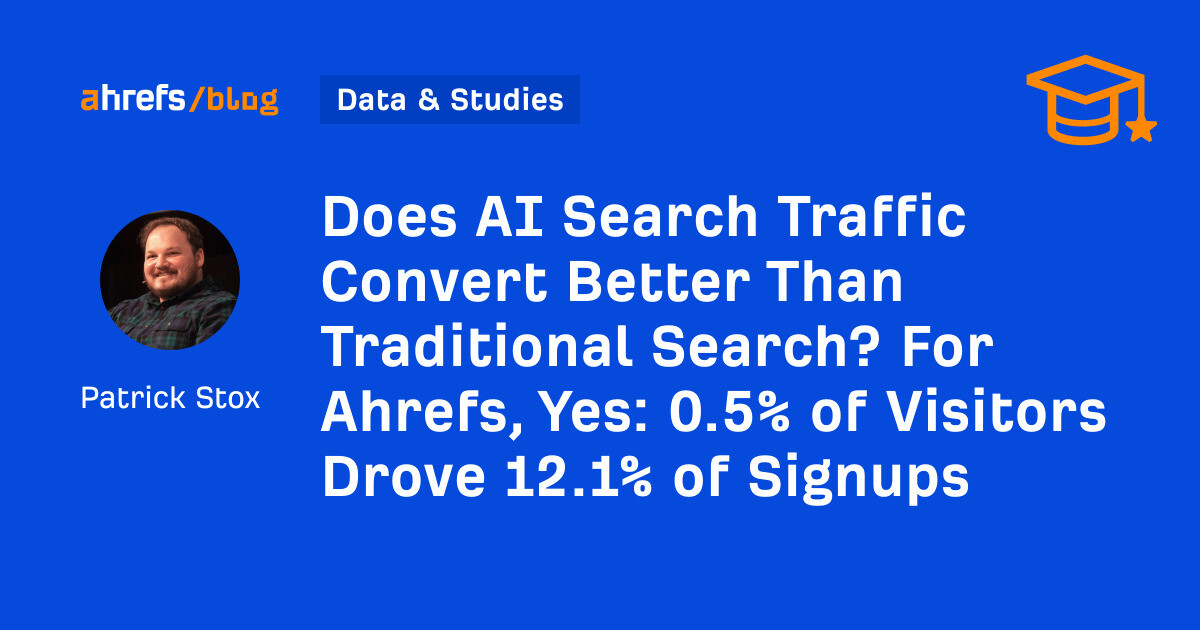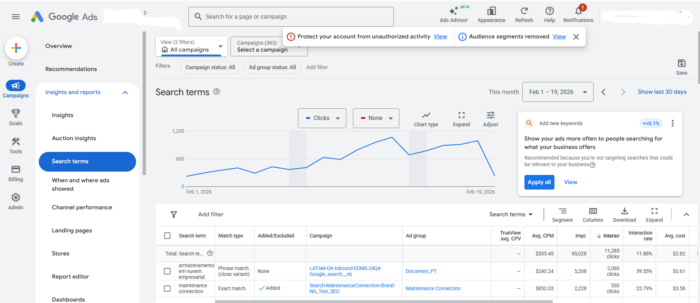SEOFOMO Survey Shows How Ecommerce SEOs Use AI In 2025 via @sejournal, @martinibuster
Survey shows increasing integration of AI into ecommerce workflows for wins in conversion optimization, content, and technical SEO The post SEOFOMO Survey Shows How Ecommerce SEOs Use AI In 2025 appeared first on Search Engine Journal.

Aleyda Solis’ SEOFOMO published a survey of ecommerce owners and SEOs that indicates a wide range of uses of AI, reflecting popular SEO tactics and novel ways to increase productivity, but also reveals that a significant number of the respondents have yet to fully adopt the technology because they are still figuring out how it best fits into their workflow. Very few of the survey respondents said they were not considering AI.
The survey responses showed that there are five popular category uses for AI:
Content Analysis & Research Technical SEO User Experience & Conversion Rate Optimization Generate Client Documentation, Education & LearningContent Creation
The survey respondents used AI for important reasons like product listing and descriptions, as well as for scaling meta descriptions, titles, and alt text. Other uses include creating content outlines, grammar checks and other assistive uses of AI.
But some also used it for blog content, landing pages, and for generating FAQ content. There’s no details of how extensively AI was used for blog content but a case could be made against using it for fully generating main content with AI (if that’s how some people are using it) because of Google’s recent cautionary guidance about extensive use of AI for main content.
Google’s Danny Sullivan at the recent Search Central NYC event cautioned about low effort content lacking in originality.
The other reported uses of AI was for grammar checking and clarity which are excellent ways to use AI. Care should be used even for these purposes because AI has a style that can get injected into the content even for something as simple as checking for grammar.
Another interesting use of AI is for revising content so that it matches a company’s “brand voice” which is checking for word choices, tone, and even sentence structure.
Lastly, the ecommerce survey respondents reported using AI for brainstorming content ideas which is another excellent way to use AI.
Analysis & Research
The part about keyword analysis is interesting because the report lists keyword research and clustering as one of the uses. Clustering keywords according to similarity is a good practice because it’s somewhat repetitive and spammy to write pages of content about related things, one page for each keyword phrase when one strong page that represents the entire topic is enough.
Focusing on keywords for SEO has been around longer than Google, and even Google itself has evolved from using keywords as a way to understand content to also incorporating an understanding of queries and content as topics.This is seen in the fact that Google uses core topicality systems as part of its ranking algorithm. So it’s somewhat curious that topicality research wasn’t mentioned as one of the uses, unless keyword clustering is considered part of that. Nevertheless, data analysis is a great use of AI.
Technical SEO
Technical SEO is a fantastic application of AI because that’s all about automating repetitive SEO tasks but also for assisting on making decisions about what to do. There’s lots of ways to do this, including by uploading a set of guidelines and/or charts and asking AI to analyze for specific things. Apps like Screaming Frog allow integration with OpenAI, so it’s leaving money and time on the table to not be investigating all the ways AI can integrate with tools as well as just asking it to analyze data.https://www.screamingfrog.co.uk/seo-spider/tutorials/how-to-crawl-with-chatgpt/
For example, one of the uses reported in the survey was for generating an internal linking strategy.
User Experience (UX) & Conversion Rate Optimization (CRO)
Another way ecommerce store owners are using AI is for improving the user experience and CRO.
The survey reports:
“AI-powered product recommendations Chatbots for product discovery or customer support CRO/UX audits based on user behavior”Training & Education
Lastly, an increasing number of the ecommerce respondents reported using AI for generating training documentation for internal use and for creating customer documentation.
The survey reports:
“Less common but growing:
Learning how AI tools function Using AI to create training material or SEO learning resources”Not Using AI Or Limited Use
What was surprising is the amount of SEOs that are not using AI in a meaningful way. 31% of respondents said they are not using AI but are planning to, 3% of the survey respondents were digging their heels into the ground and flatly refusing to use AI in any way, while an additional 4% answered that they weren’t sure.
That makes a full 37% that aren’t using AI in any meaningful way. Looked at another way, 31% of respondents were getting ready to adopt AI into their workflow. Many managed WordPress hosting companies are integrating AI into their WordPress builder workflow as are some WordPress builders. AI can be integrated via WordPress SEO plugins as well. Wix has already integrated AI into their customer workflow through their proprietary Astro chatbot and companies like Shopify are also planning meaningful and useful ways to integrate AI.
The SEOFOMO survey makes it clear that AI is a significant part of the SEO and ecommerce workflow. Those who don’t use AI shouldn’t feel like they have to. But if you’re unsure how to integrate it, one way to think about it is to ask: what kinds of tasks would you hand off to an intern? Those are the kinds of tasks that AI excels at, enabling one worker to produce at a level five times greater than they could without using AI.
Read the SEOFOMO in ecommerce survey results:
The SEOFOMO Ecommerce SEO in 2025 Survey Results
Featured Image by Shutterstock/tete_escape

 MikeTyes
MikeTyes 
































